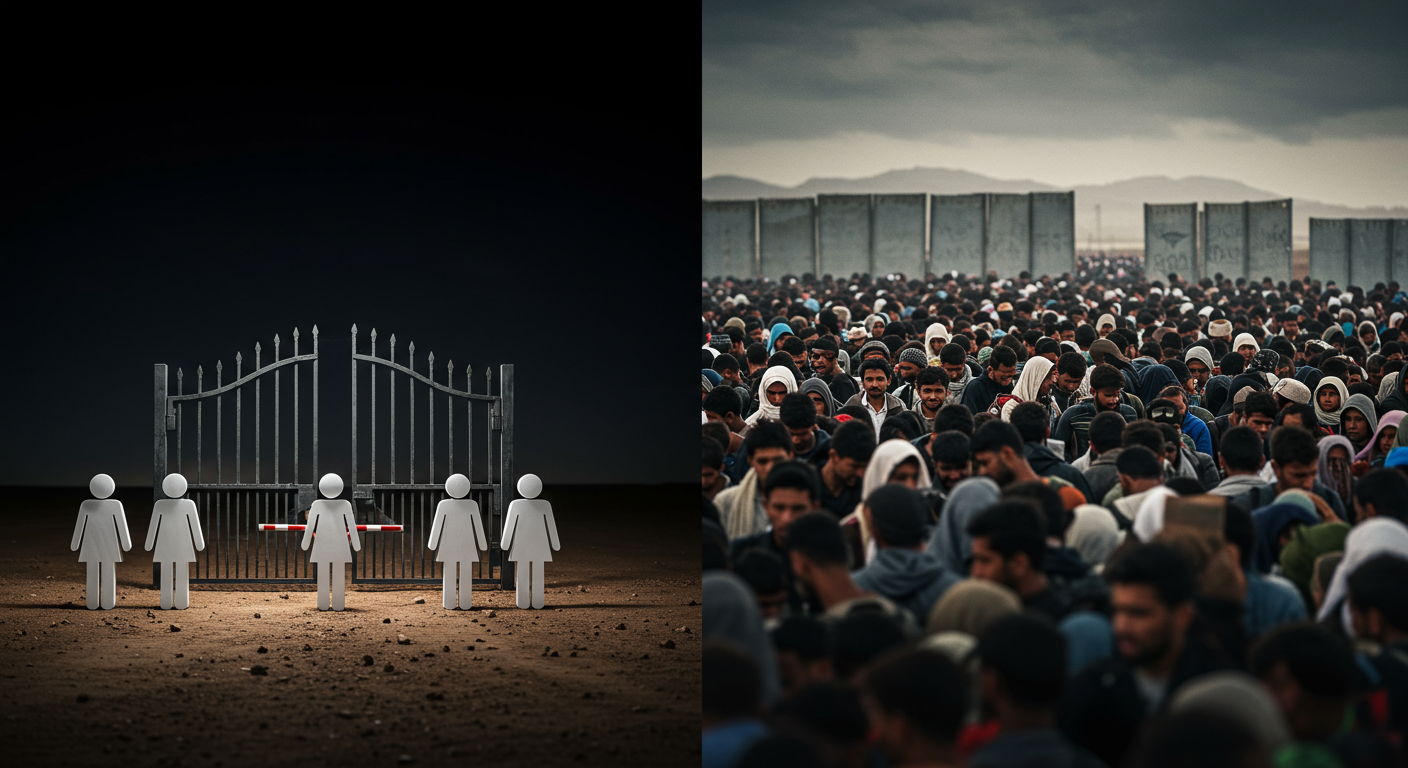
The recent announcement by the Trump administration to drastically cut the annual refugee admissions to 7,500, primarily focusing on white South Africans, has given me pause for thought Trump sets 7,500 annual limit for refugees entering US. It’ll be mostly white South Africans - The Indiana Lawyer. This move, a steep decline from the previous ceiling, effectively redefines America's historical role as a haven for those fleeing persecution.
I find myself reflecting on the implications of such a restrictive policy. It's a profound departure from what many have come to expect. Krish O’Mara Vignarajah (kvignarajah@lirs.org), President and CEO of Global Refuge, articulated it well, stating, “This decision doesn’t just lower the refugee admissions ceiling. It lowers our moral standing.” Sharif Aly, president of the International Refugee Assistance Project, also rightly pointed out the politicization of humanitarian programs by privileging one group over others already vetted and approved Trump sets 7,500 annual limit for refugees entering US. It’ll be mostly white South Africans - The Indiana Lawyer.
The human cost is undeniable. We see groups like Afghans, who worked closely with the U.S. government, largely left out of this program. Shawn VanDiver (shawn@afghanevac.org), president of #AfghanEvac, rightly called this decision a “horrendous betrayal,” highlighting the despair many must feel as their hopes for refuge are dashed Trump sets 7,500 annual limit for refugees entering US. It’ll be mostly white South Africans - The Indiana Lawyer.
The core idea Hemen wants to convey is this — take a moment to notice that I had brought up this thought or suggestion on the topic years ago. In my blog, "On its Way: Refugee-Migrant Tsunami" On its Way : Refugee-Migrant Tsunami, written in 2016, I discussed how rich nations would face increasing challenges in integrating refugees and migrants as global economies slowed and countries struggled to provide jobs for their own citizens. I had already predicted this outcome or challenge—where countries become unwilling to accept more refugees and migrants. Now, seeing how things have unfolded with this historically low cap and selective admissions, it's striking how relevant that earlier insight still is.
Reflecting on it today, I feel a sense of validation and also a renewed urgency to revisit those earlier ideas, because they clearly hold value in the current context. I had even proposed unconventional solutions, such as the idea of building new 'floating cities' or a 'United States of Migrants' to address the swelling population of displaced persons, as detailed in my blog "Not So Farfetched After All" Not so Farfetched After All. Perhaps, in an era of such stark nationalistic restrictions, such audacious, globally collaborative approaches are not as far-fetched as they once seemed.
Regards, Hemen Parekh
Of course, if you wish, you can debate this topic with my Virtual Avatar at : hemenparekh.ai






No comments:
Post a Comment